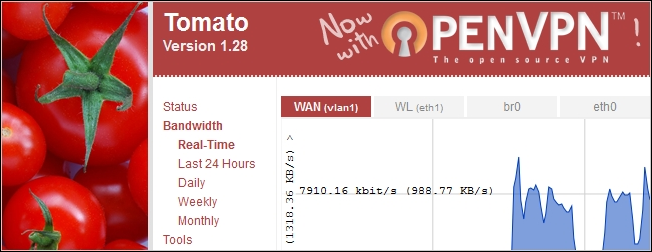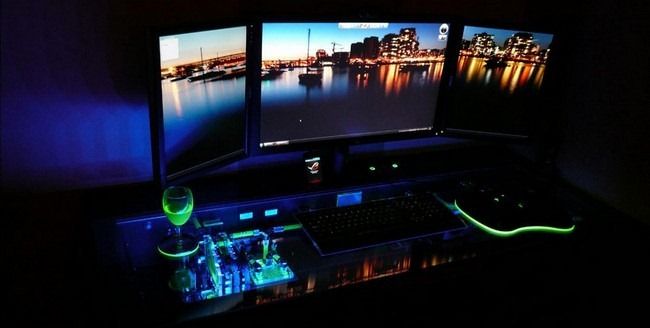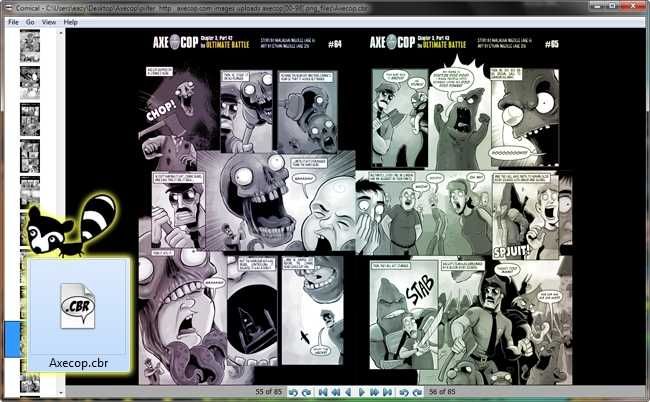Quick Links
Once a week we dip into our reader mailbag and answer your pressing tech questions. This week we're looking at how to create a VPN, whether you should run your PC 24/7 or not, and how to read comics on your computer.
Setting Up a VPN for Remote File Access
Dear How-To Geek,
Your how-to guide on setting up an SSH server for secure remote web browsing got me thinking about setting up a VPN for remote access to all of my files. I know enough to know that I need a VPN but not enough to set it up. How can I get started?
Sincerely,
VPN Dreaming in Vermont
Dear VPN Dreaming,
SSH is great for creating a secure tunnel for a small number of apps but for broad secure access to your home network you're right, VPN is where it's at. To set up your router with Tomato firmware and OpenVPN, check out our full guide here. If you're running DD-WRT firmware, this tutorial is a better fit. If you're a Linux user this VPN tutorial for setting up a PPTP VPN server on Debian Linux will help get you started.
Running a PC 24/7 or Shutting it Down Every Night?
Dear How-To Geek,
Would it be better to shut the computer down after I'm done with it for the day or keep it on 24/7? Everyone seems to have a different opinion and I'm not sure who to believe!
Sincerely,
PConflicted in Pennsylvania
Dear PConflicted,
The argument over leaving a computer run or shutting it down when not in use is a long running one. One camp says that running a computer 24/7 minimizes the stress on the computer as the startup sequence (spinning up the drives, power up the boards) is the most stressful on the computer. The other camp says that it's a waste of electricity to run a computer around the clock.
The reality is they're both right but one camp is far more practical. Yes, shutting down a computer and starting it up places more stress on a hardware than leaving it running forever. The most likely component to fail prematurely is the hard drive. A perfectly good hard drive of a large capacity (750GB-1TB) runs about $50 at the time of this writing. Bear that in mind as we look at the cost of running a computer 24/7.
On the other side of the coin, shutting down a computer when it's not in use saves you a boatload of cash. Let's say you've got a pretty standard off the shelf computer that consumes 300-400w of energy when everything is on. Let's say you use that computer 12 hours a day and turn it off for 12 hours. In turning it off for half the day (probably longer when you factor in days you aren't using the computer heavily, holidays, etc.) you're saving hundreds of dollars a year, easily. More than enough to replace quite a few components if they should wear out prematurely (which is highly unlikely as computers are engineered to be turned on and off all the time).
There are a few reasons to leave a PC on 24/7, however. If you're participating in any sort of distributed computing project (where your computer is in use to say, fold proteins or sequence genes) you'll want to leave your computer on to fully participate. Also if you use a remote backup service and have a lot of data to move the off hours are a great time to do so. Finally if we're talking about your work computer you might want to check with your IT department and make sure that the night shift isn't when they push major updates and backup files.
Reading Comics On Your Computer
Dear How-To Geek,
I downloaded some comic books but I can't figure out what to do with them. They're in the CBZ format. How do I read them?
Sincerely,
Comic Confused in Connecticut
Dear Comic Confused,
You can do one of two things. First, a CBZ file is simply a container file designed to make loading comic files in dedicated readers easier. It's actually just a renamed zip file. Change the extension to ZIP and extract the images right out of it to access in image viewer.
Before you do that, however, you might want to consider using a dedicated comic book viewer as they usually have all sorts of features that make reading comic books more enjoyable. Check out our guide to reading web comics in a comic book reader here for more information on how CBZs are packaged and comic book readers.
Have a pressing tech question? Shoot us an email at ask@howtogeek.com and we'll do our best to get you an answer.




